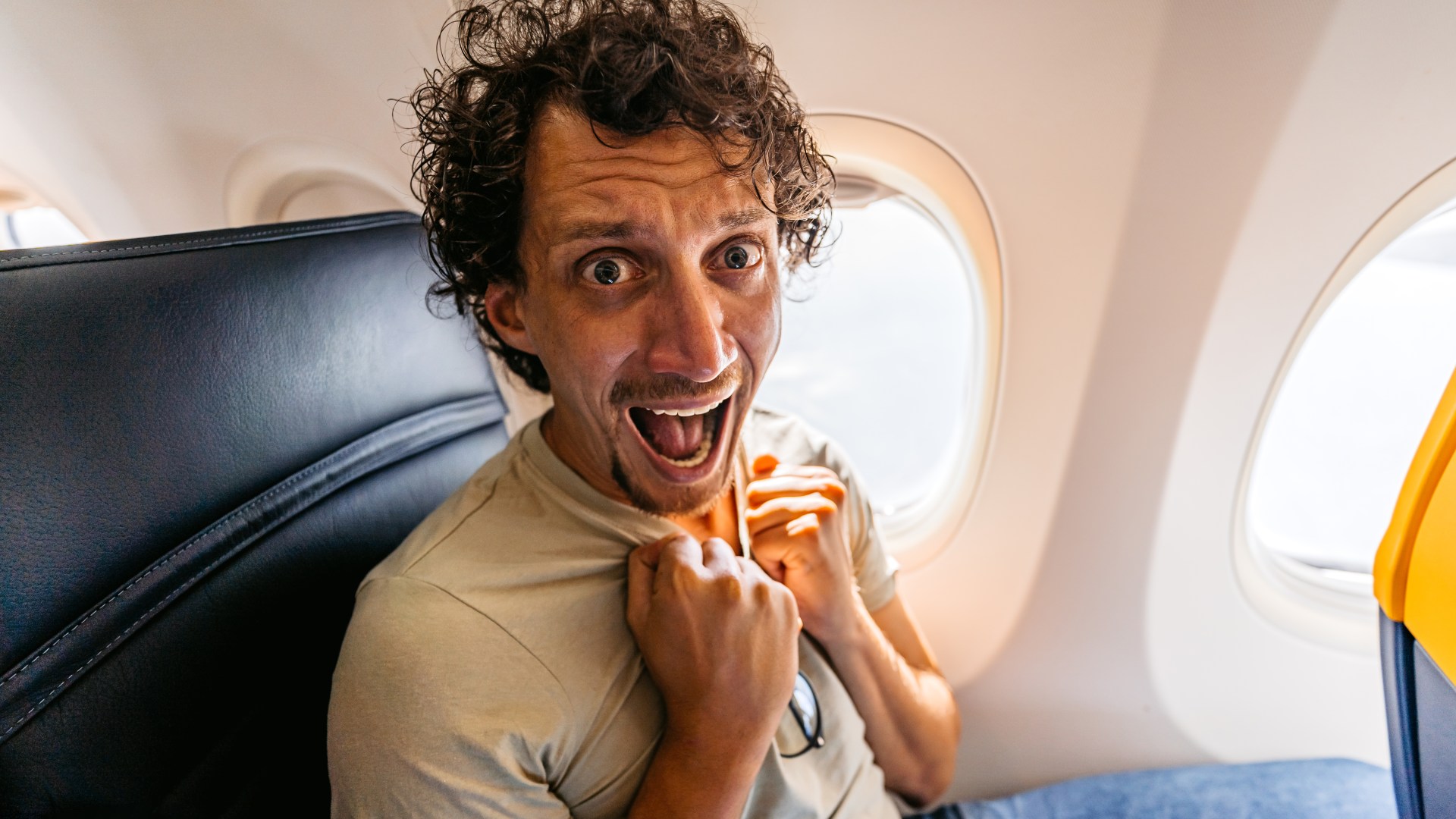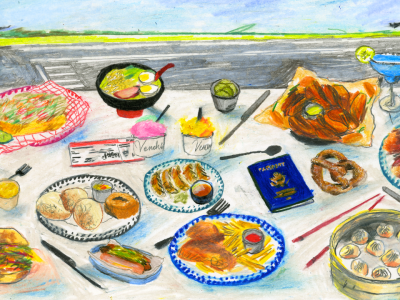A LEADING psychologist has warned of the dangers from an extreme travel trend called ‘raw-dogging’.
The viral phenomenon refers to airline passengers who get on a flight and refuse themselves any entertainment or sleep for the whole journey.
Some also avoid eating, drinking or even going to the toilet, choosing instead to spend the entire journey staring straight ahead.
Manchester City footballer Erling Haaland, 24, recently posted that he had got through a seven-hour journey with ‘no phone, no sleep, no water, no food’.
He joined other famous faces like Hollywood star Jared Leto, 52, who boasted he could stare at the back of a seat for 17 hours, and rapper ArrDee, 21, who took to TikTok to share footage of himself doing nothing on an eight-hour flight.
But Dr Charlotte Russell, founder of The Travel Psychologist, has urged caution as thousands of travellers jump on the social media bandwagon.
She said: “One of the proposed benefits of rawdogging is that it is an example of setting yourself a difficult goal. In general, I’d agree it can be viewed as a positive to set ourselves a challenging goal and to strive to achieve it.
“With rawdogging on the other hand, it is more difficult to see the purpose and the point of this — particularly as many of us find long flights particularly boring.”
And the expert said denying yourself any brain stimulus for hours on end could actually do more harm than good.
Dr Russell added: “One of the downsides of rawdogging is that when our minds are not occupied we might start to ruminate.
“This is when we focus on difficult things and our own negative feelings. This can trigger low mood and is not a positive state to be in.
“It’s certainly not something you want to trigger on the journey to your holiday. This is why it is important to keep yourself occupied on long journeys, particularly if you have a history of low mood.”
Experts have highlighted health dangers that can occur when passengers don’t move for long periods, with deep vein thrombosis the biggest concern.
There is an increased risk of DVT on flights because passengers can be immobile for hours. A lack of hydration and stimulus could also cause people to feel dizzy. So avoiding taking on any liquids while rawdogging isn’t recommended.
But research by O2 revealed nearly six million will have raw-dogged their travels this summer. Fans of the technique have dubbed it a ‘dopamine detox’, as it involves fasting from activities or pleasures that produce the ‘happy’ chemical in our brain.
But rather than being rooted in science, it’s believed the trend began on Apple TV+ series Hijack, in which Idris Elba’s character sits through a seven-hour flight.
But Charlotte advises screen time can in fact be beneficial in moderation. She added: “Most psychologists would advise that it is important to take breaks from our devices.
“However, when we advise this, what we are often encouraging people to do instead is to engage with our day-to-day life and other people.
“We might encourage people to get out into nature and notice all of the sounds and sights, as we know that this is very beneficial for our well-being.
“Obviously this is not possible on a plane and so, in my opinion, raw-dogging just seems misguided. I’d much rather people keep themselves occupied with their devices on a plane, and to put their phone away when they reach their destination.
“This will allow you to engage with your surroundings and get those all-important benefits of travelling.














